On the basis of inheriting and developing the nation's fine tradition of "Talents are the vital energy of a nation, when vital energy is prosperous, the country is strong", President Ho Chi Minh promoted the role of talents, actively sought and respected talents and intellectuals.
From the perspective of "Talent is the vitality of the nation"
Right in the first years of the new government after the August Revolution in 1945, the Government of the Democratic Republic of Vietnam and President Ho Chi Minh attached great importance to and implemented many measures to gather and use intellectuals, scholars, and talents, strengthen national unity, and national harmony to serve the cause of resistance and nation building.
He personally wrote meaningful documents such as the first "edict calling for talents" of the revolutionary government. That was the article " Talents and National Construction " written on November 14, 1945, published in the Cuu Quoc Newspaper. In it, he affirmed that the most important factor to maintain independence was national construction, and "National construction requires talents".
He earnestly called on "our compatriots who have talent and initiative in such work, and are willing and enthusiastic to help the country, please send clear plans to the government."
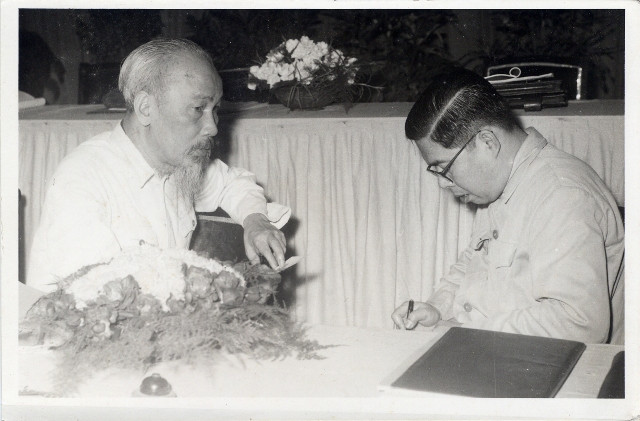
One year later, in November 1946, President Ho Chi Minh wrote the article " Finding talented and virtuous people ". As the head of the Government, to demonstrate the revolutionary government's determination to make good use of talented people, President Ho Chi Minh instructed localities to immediately investigate where there were talented and virtuous people and to fully and clearly report to the Government the name, age, occupation, talent, residence, and aspirations of that person.
With a simple yet creative method, through publicly calling on all people, President Ho Chi Minh aroused the sense of self-respect, national pride and sense of responsibility of each individual, especially each intellectual and each talented person, igniting the desire to contribute to the country.
Next, a series of letters, articles, and speeches by President Ho Chi Minh during this period such as: Letter to compatriots nationwide on the occasion of "Golden Week", Letter to Vietnamese industrialists and merchants, Letter to Catholic compatriots, Chinese-Vietnamese friendship ,... all showed the importance of gathering and using intellectuals, scholars, and talents, strengthening the national solidarity bloc, national harmony to serve the cause of resistance and nation building.
Appoint many officials of the old government to join the new government
Not stopping at calling for help, in his daily behavior, President Ho Chi Minh always respected all talented and virtuous people. He won people's hearts with his heart of love for people, from his personal knowledge, from his humane behavior style.
The method of using people that he always consistently implemented was: "Everyone in this life has good and bad points. We must use people's good points to help them fix their bad points. Using people is like using wood. A skilled craftsman can use wood, big or small, straight or curved, depending on the situation."
And in fact, the revival of the Democratic Republic of Vietnam in the early days of independence after centuries of slavery is a living proof of his talent for "recruiting talented people".
Without any prejudice from the past, President Ho Chi Minh sought out each specific person, tried to convince and dared to use anyone, including the old class of mandarins, "as long as they did not betray the people's interests, were not traitors, pro-French, pro-Japanese, and had loyalty to the Fatherland", all with the aim of achieving the ultimate goal of promoting the strength of the great solidarity bloc, which would benefit the common cause.
On September 10, 1945, President Ho Chi Minh signed Decree No. 23 appointing many officials of the old government to join the new government, creating conditions for them to contribute to the common cause of the nation.
He declared: “Our Republican Government also showed generosity, not bothering to dig up old crimes to make new cases.” In the historical context at that time, this ideology won over many “people’s hearts”, had the power to restrain the enemy, reduce the possibility of confrontation, delay unfavorable conflicts, protect the first achievements of the revolution...
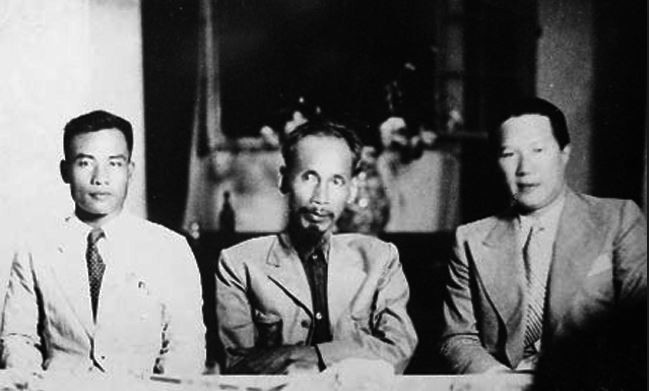
Also in this Decree 23, former Emperor Bao Dai, who had just announced his abdication and handed over the king's seal and sword to the provisional government, was appointed as a government advisor with the name of a citizen: Vinh Thuy.
Mr. Vu Ky, Uncle Ho's secretary, said: "Uncle Ho told me to remember not to let Mr. Vinh Thuy lack anything. We are used to suffering, so it's okay to lack anything, but if he lacks anything, it will be very difficult... It's very good to be able to attract him to our side. Letting others take advantage of him is very troublesome. He is very useful to the revolution now... ".
" With Uncle Ho's sincerity, dynamism and sincerity, even stone could be moved, let alone me ", those were the sincere and emotional words of Mr. Huynh Thuc Khang when he met President Ho Chi Minh.
Therefore, on March 2, 1946, at the first meeting of the National Assembly of the Democratic Republic of Vietnam, Mr. Huynh Thuc Khang stood next to President Ho as Minister of the Interior .
Use people according to their talent.
Professor Hoang Minh Giam, former Director of the Office of the Ministry of Interior after the August Revolution in 1945, Deputy Minister of the Ministry of Interior since March 1946, and a strong assistant to President Ho Chi Minh in diplomatic activities to implement the "peace to advance" strategy with France in the period of 1946-1947, also recalled: " When the resistance war against France just broke out, Uncle did not forget to send comrade Phan My, in charge of the Office of the Presidential Palace, to his hometown to welcome Mr. Phan Ke Toai, the former high-ranking mandarin, to invite him to work. Mr. Phan was very happy and joined the resistance."
Responding to the call of President Ho Chi Minh and the new Government, many intellectuals and talented Vietnamese people living and working abroad voluntarily left their prosperous lives and returned to the Fatherland to participate in the arduous and deprived resistance war.
Among them are the names: Hoang Minh Giam, Vu Dinh Tung, Ta Quang Buu, Phan Anh, Pham Quang Le (aka Tran Dai Nghia), Tran Huu Tuoc, Luong Dinh Cua, Nguyen Van Huyen, Nghiem Xuan Yem, Nguyen Xien, Nguyen Huu Tho, Huynh Tan Phat, Pham Ngoc Thach, Dang Van Ngu, Trinh Dinh Thao, Tran Duc Thao, Nguy Nhu Kon Tum...
Attracting and calling on talented people to help the country is difficult, but making the best use of their abilities is even more difficult. According to President Ho Chi Minh, when using talented people, one must know how to "use people according to their abilities", use the right people, the right jobs, and their strengths, and then one will be successful.
The person explained: “Using talent must be reasonable, do not “use a carpenter to do blacksmith work”, “a blacksmith is told to make cabinets, a carpenter is told to forge knives. As a result, both people are confused. If you know how to use people according to their talent, both people will be successful ”.
Therefore, after his visit to France in the summer of 1946, among many young Vietnamese intellectuals who were eager and eager to follow Uncle Ho back to serve the Fatherland, Uncle Ho chose a doctor who knew how to organize health care for the people and 3 engineers who could mine minerals, smelt metals and manufacture bombs and ammunition, due to the conditions at that time and taking into account the requirements of the resistance war that was about to break out.
Responding to his trust, mechanical engineer Pham Quang Le (later Major General, Professor, Academician Tran Dai Nghia), Foundry - Metallurgy engineer Vo Quy Huan, doctor Tran Huu Tuoc, Mining engineer Vo Dinh Quynh. Four talented Vietnamese people who became famous in France followed Uncle Ho back to the country and devoted their whole lives to the revolutionary cause of the country.
Besides, a series of very young but talented intellectuals were also highly regarded by President Ho Chi Minh and given important responsibilities very early, such as Truong Chinh, Pham Van Dong, Vo Nguyen Giap, Tran Van Giau, Dang Thai Mai...
These are people who not only have a patriotic spirit but also have qualifications, understanding, and are proficient in many issues. Thanks to their intelligence, our country's revolutionary cause has achieved great victories in the fight against foreign invaders, building and defending the Fatherland.
Vietnamnet





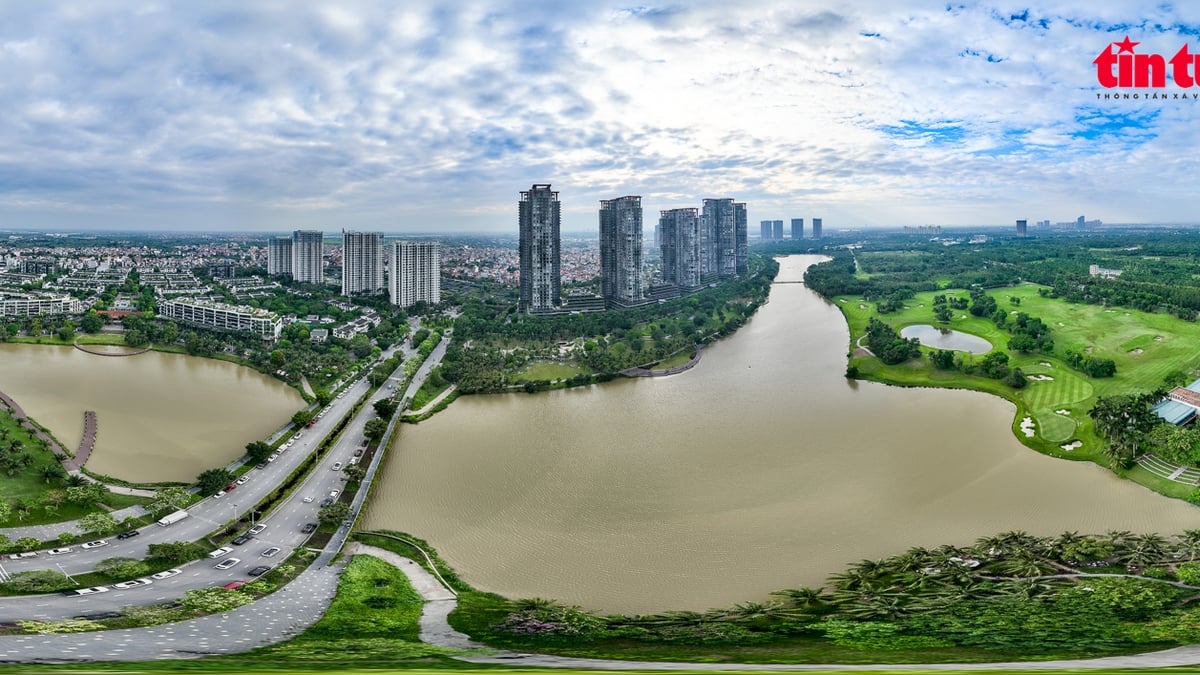


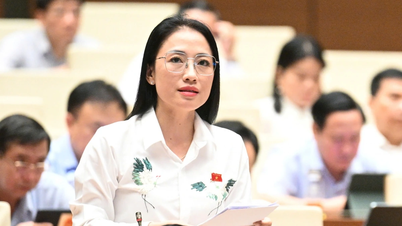

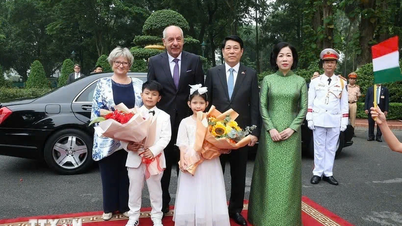

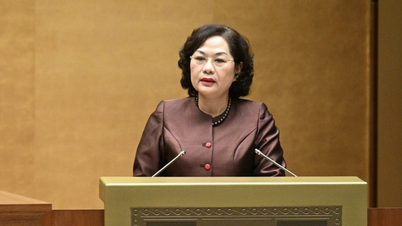
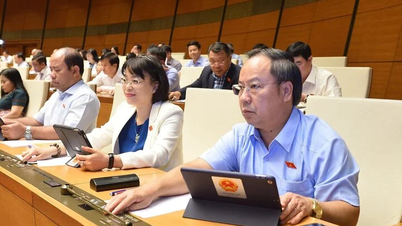

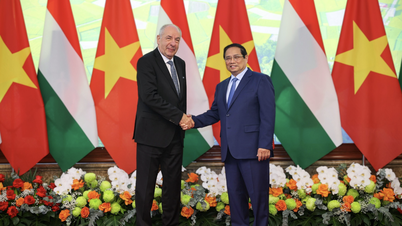

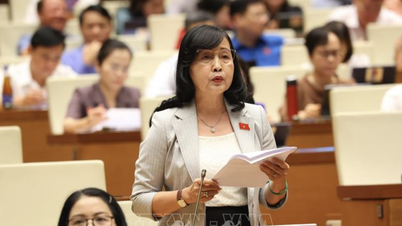





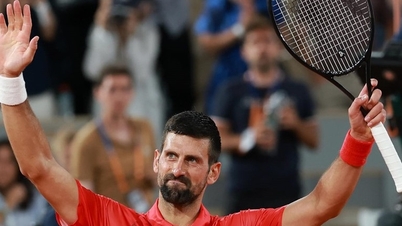
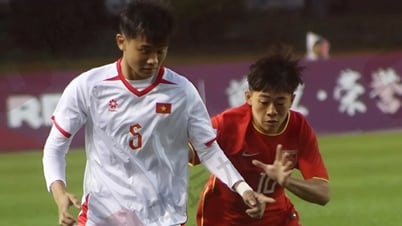
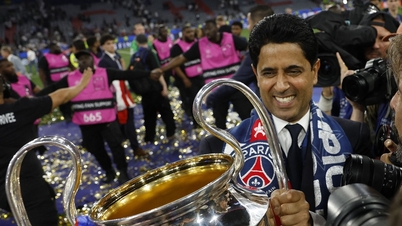
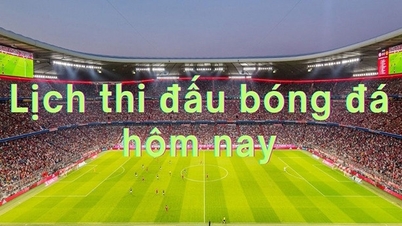
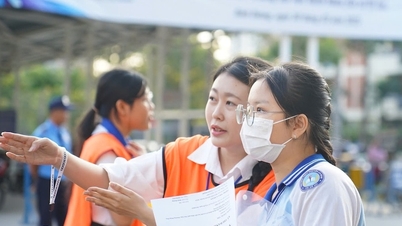
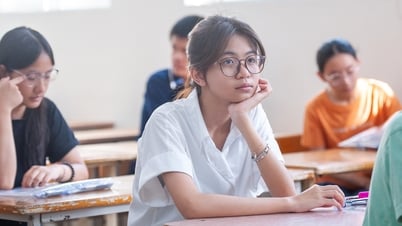
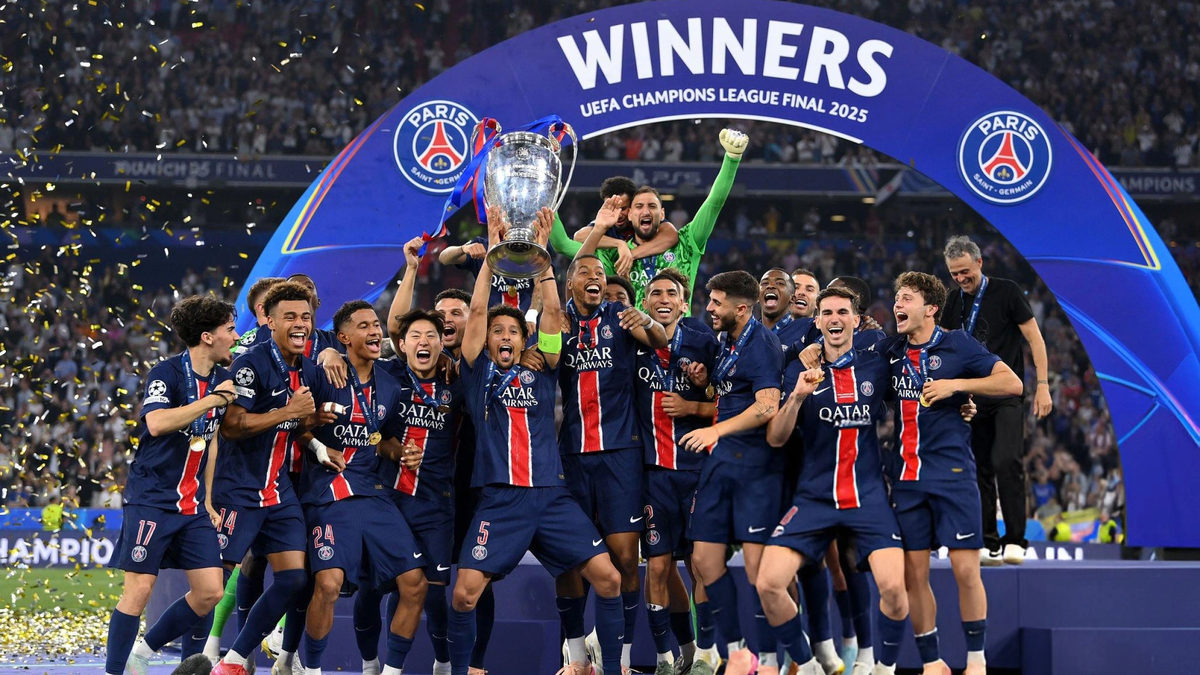










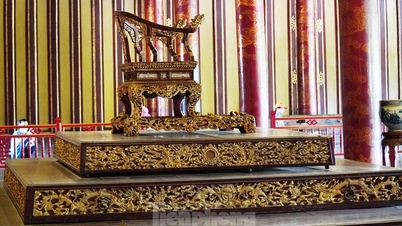















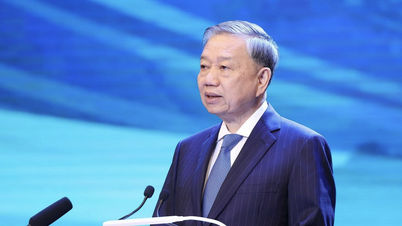
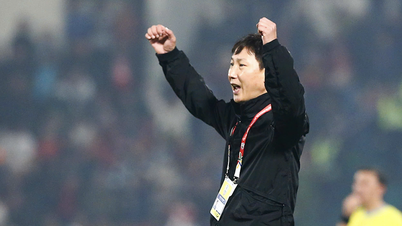
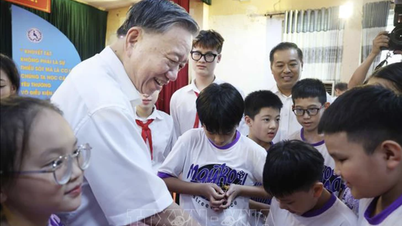

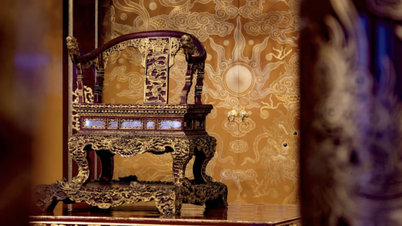












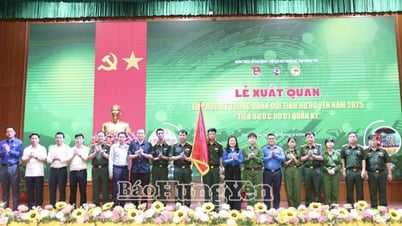

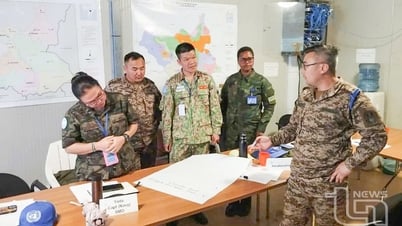

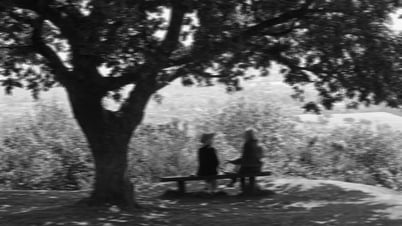

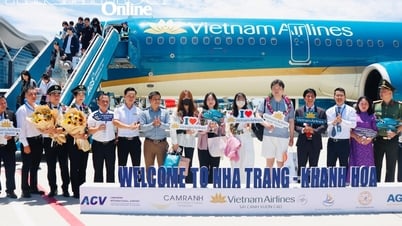

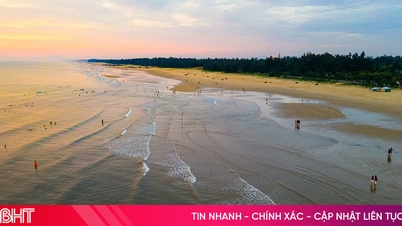







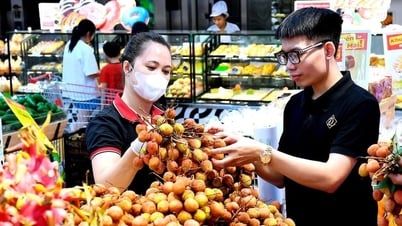




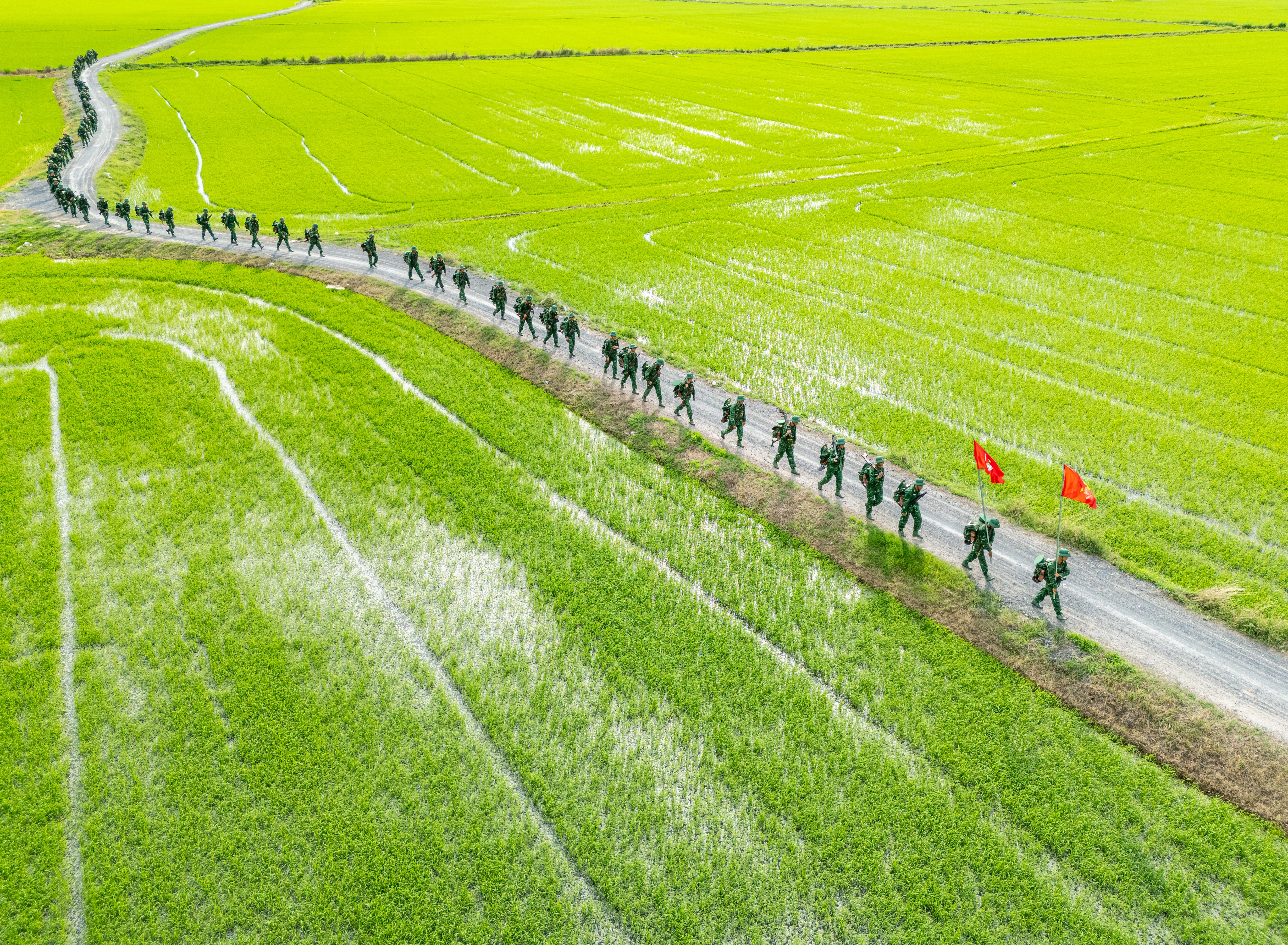



Comment (0)